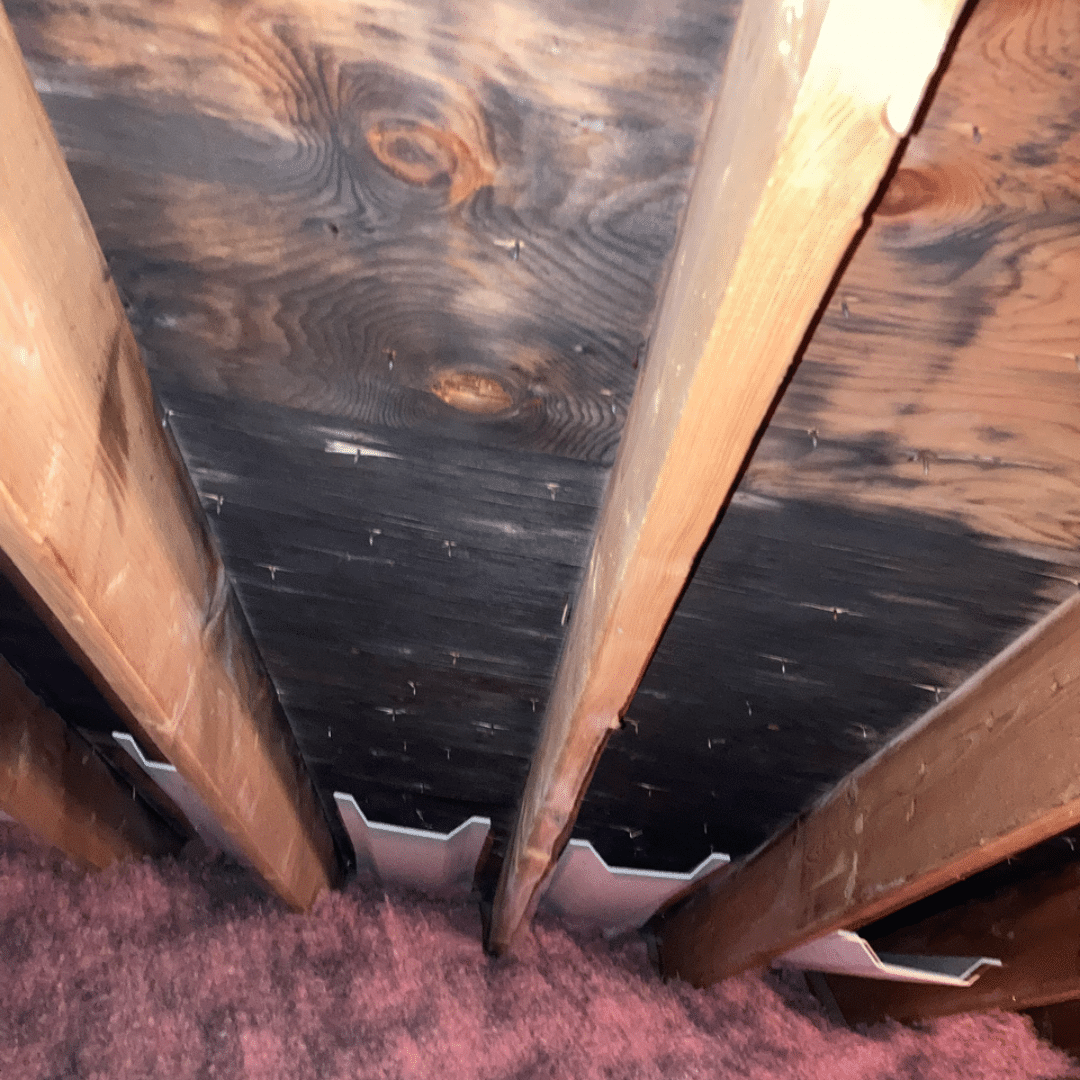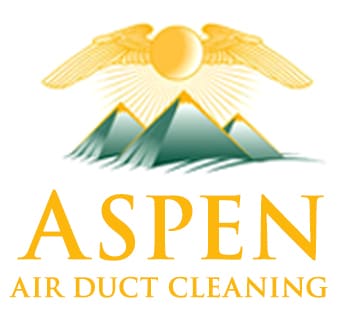Can Mold Removal Make You Sick? Understanding the Risks and Precautions
Mold is a common problem in homes, especially in areas with high humidity or frequent water damage. While mold itself can cause various health issues, many people are concerned about the potential risks associated with the mold removal process. Can mold removal make you sick? The short answer is yes, if not handled properly, mold removal can pose health risks. However, with the right precautions and professional help, these risks can be minimized, ensuring a safe and effective removal process.

The Health Risks of Mold Exposure
Before diving into the specifics of mold removal, it's essential to understand why mold is a concern in the first place. Mold produces tiny spores that can become airborne and easily inhaled. For many people, exposure to mold spores can cause symptoms such as sneezing, coughing, nasal congestion, skin rashes, and eye irritation. In more severe cases, mold exposure can lead to respiratory problems, asthma attacks, and even infections in individuals with weakened immune systems. Certain types of mold, such as black mold (Stachybotrys chartarum), are particularly harmful and can produce mycotoxins. These toxins can lead to more severe health issues, including neurological problems and chronic respiratory conditions. Given these potential risks, it's crucial to address mold infestations promptly and effectively.
The Risks of Mold Removal
Mold removal, also known as mold remediation, involves eliminating mold colonies from an affected area and taking steps to prevent future growth. While necessary, this process can sometimes make mold spores more airborne, increasing the risk of exposure. During removal, disturbing the mold can release a large number of spores into the air, which can be inhaled or spread to other parts of the home. For those with pre-existing health conditions, such as asthma, allergies, or weakened immune systems, exposure to these airborne spores during mold removal can exacerbate symptoms. Even healthy individuals may experience temporary health effects like headaches, fatigue, or respiratory irritation if they are exposed to high concentrations of mold spores during the process.
Precautions to Take During Mold Removal
To minimize the risks associated with mold removal, it’s essential to take several precautions. Whether you’re considering a DIY approach or hiring professionals, the following steps are crucial to ensuring a safe and effective removal process:
- Proper Containment:
Containing the area where mold is being removed is one of the most critical steps in preventing the spread of spores. This typically involves sealing off the affected area with plastic sheeting and using negative air pressure to keep spores from spreading to other parts of the home.
- Personal Protective Equipment (PPE):
Wearing appropriate protective gear is essential for anyone involved in the mold removal process. This includes wearing N95 or higher-rated respirators, gloves, goggles, and protective clothing. PPE helps prevent the inhalation of mold spores and reduces skin contact with mold.
- Air Filtration:
Using high-efficiency particulate air (HEPA) filters during mold removal can help capture airborne mold spores. Air scrubbers or HEPA vacuums are commonly used to clean the air in the affected area, reducing the risk of inhalation.
- Safe Disposal:
Mold-infested materials that cannot be cleaned, such as drywall or carpeting, should be carefully removed and disposed of in sealed bags. This prevents the spread of mold spores during transportation out of the home.
- Professional Assistance:
While small areas of mold may be handled by homeowners, larger infestations or toxic mold types should be addressed by professionals. Mold remediation experts are trained to handle mold safely and have the necessary equipment to minimize health risks.

The Importance of Professional Mold Removal
Hiring a professional mold removal company in Waltham, MA, is often the best way to ensure that mold is eliminated safely and effectively. Professionals have the experience and tools to properly assess the extent of mold growth, contain the affected area, and remove the mold without spreading spores throughout your home. Moreover, professionals can identify the root cause of the mold problem, whether it's a hidden leak, poor ventilation, or high humidity levels, and recommend solutions to prevent future mold growth. By addressing the underlying issues, professional mold removal not only protects your health but also ensures a long-term solution to mold problems.
What to Expect During Professional Mold Removal
When you hire a professional mold removal service, the process typically begins with a thorough inspection to determine the extent of the mold growth. Once identified, the affected area is contained, and the mold is carefully removed. The use of air filtration devices helps capture airborne spores during the process, and contaminated materials are safely disposed of. After the mold has been removed, the area is cleaned and sanitized to eliminate any remaining mold spores. Depending on the severity of the infestation, additional steps may be taken to address moisture issues or improve ventilation to prevent future mold growth. Mold removal is a necessary step to ensure the safety and health of your home, but it does come with potential risks if not handled correctly. Understanding the dangers of mold exposure and taking the proper precautions can help minimize these risks. Whether you choose to tackle a small mold problem yourself or hire professionals for more extensive issues, it's essential to prioritize safety throughout the process.
Trusted Mold Removal Company in Boston, MA and Surrounding Areas
Ensure your home is safe and mold-free by scheduling an appointment with Aspen Air Duct Cleaning. Contact us today at 978-681-5023 to arrange a professional mold removal service. Don’t let mold compromise your health—take action now! Our expert team is ready to help you reclaim a healthy living environment.
